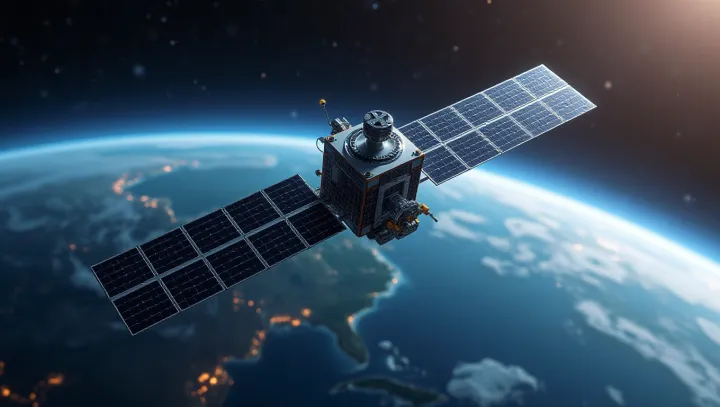The Role of Artificial Satellites in Advancing Space Exploration

Artificial satellites have transformed the landscape of space exploration and global communication. Launched from various space stations around the world, these human-made objects orbit the Earth, gathering data and enabling seamless connectivity. In recent years, countries like the United States and China have been at the forefront of deploying artificial satellites.
These partnership efforts have advanced scientific research and bolstered initiatives in deep-space exploration. Satellites play a crucial role in diverse fields such as meteorology, navigation, and environmental monitoring. They provide essential data that enhance predictions and analyses, aiding in disaster management and climate studies.
As technology advances, the design and functionality of satellites continue to evolve. Experts, such as Dr. Samuel Greene of the Global Space Agency, emphasize their significance in developing new communication networks, stating that the innovations in satellite technology are pivotal for the future.
The impact of artificial satellites is profound, with Earth-based industries and technologies witnessing significant growth. From streaming services to GPS navigation, everyday conveniences owe much to these technological marvels.
